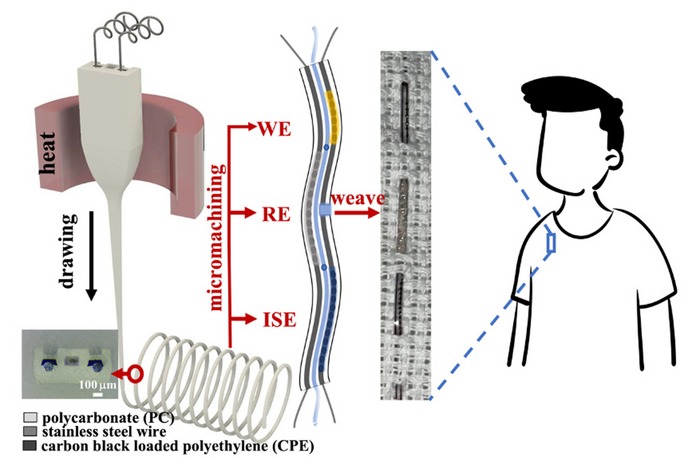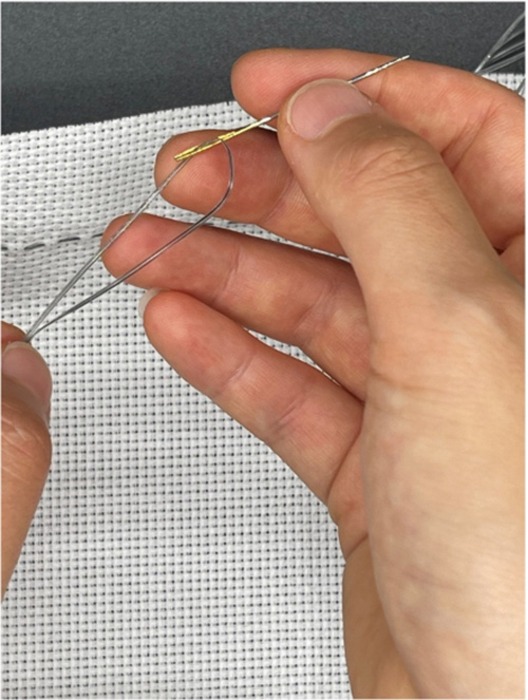Published on
Updated
Reading 1 min.
Japanese scientists are working on the development of a tissue capable of detecting a health problem. Taking the form of a T-shirt, this smart fabric could analyze the constituents of sweat and monitor the vital physiological signals of the wearer. Explanations.
It’s not a fully developed technology yet, but scientists are making progress on the trail of smart fabric. The latter, multifunction, is designed from fibers to which electronics, optics, biosensors and mechanics are integrated. Its fibers, which remain as thin as a human hair, can then monitor various parameters signaling the state of physical and mental health of the wearer.
A t-shirt capable of analyzing sweat
As part of his research on the subject, Dr. Yuanyuan Guo, an assistant professor at the Frontier Research Institute for Interdisciplinary Sciences, Tohoku University, led a team of scientists to develop a microelectronic fiber.

This has microscopic components capable of analyzing electrolytes and metabolites in sweat (certain specific ions). These are two detection electrodes for sodium and uric acid which are grafted onto the longitudinal surface of the fiber. To make it, the researchers used a thermal stretching technique.
A textile revolution for human health?
This fiber could therefore be exploited to make smart clothes, capable of detecting a health problem via the sweat of the wearer. They would offer greater versatility, larger detection areas and greater comfort.

The team of researchers believe that their smart fabric could even “revolutionize” the textile and healthcare industries. “Since most of the developments up to now could not be considered clothing, we dedicated our efforts to transform the fiber, to make a really comfortable smart fabric.“explains Professor Guo.
“Our breakthrough is the first successful attempt to use thermally stretched fibers in wearable bioelectronics to monitor biochemical signatures.” he concludes.
